The reason for the departure of Liverpool’s former head of post-match analysis Harrison Kingston may explain why he isn’t the only key staff member to have left the club in recent years.
Kingston first joined Liverpool in 2012, and along with first-team post-match analyst Mark Leyland worked closely with Jurgen Klopp‘s assistant Peter Krawietz before, during and after games.
He left the Reds towards the end of 2020, shortly after helping the club to their first-ever Premier League title, with head of medical services Andy Massey and physios Christopher Rohrbeck, Richie Patridge and Jose Luis Rodriguez also leaving around that time.
Since then, a number of other important staff members have taken the decision to move on, most notably sporting director Michael Edwards last year, while his replacement Julian Ward and director of research Ian Graham will also depart in 2023.
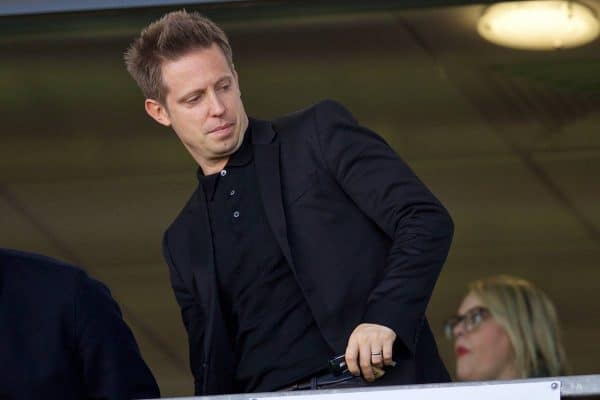
Kingston, who is now director of performance with the Moroccan Football Federation, says he made the decision to leave Liverpool after feeling he had achieved everything he could have with the club.
“Once we had achieved what we had achieved, it kind of felt like the right moment to leave,” he told BBC Sport.
“What more can we do? You can go again and try to win it again and again, but it had always been in me to experience working abroad, to work internationally, to challenge myself in a different way.
“Family is also very important to me. Our daughter Poppy-Rose was two at the time and it was the best time to go for it, while she is young and adaptable. It meant she could have that experience and, together with my wife Leah’s great support, we could create some fantastic memories as a family.”
Jurgen Klopp and his coaching staff made the decision to pen new contracts with the club last year, but there is an increasing amount of upheaval among those behind the scenes.
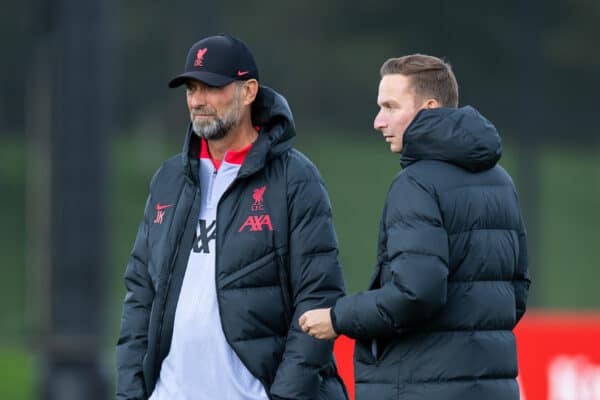
Kingston, who in his current role helped Morocco to become the first-ever African nation to reach the World Cup semi-finals last year, also detailed how he encouraged the ball boys to help give Liverpool an edge ahead of Liverpool’s Champions League semi-final with Barcelona in 2019.
That advice would, of course, pay off, with a 15-year-old Oakley Cannonier, who is now a striker with the Reds’ under-21s, quickly handing the ball to Trent Alexander-Arnold before he assisted Divock Origi‘s famous winner.
“We had just lost 3-0 to Barcelona in the Nou Camp in the Champions League semi-final first leg after outplaying them for the most part,” Kingston recalled.
“We came away scratching our heads about how we had ended up with that scoreline, but watching it back stirred a memory of our last-16 match against Bayern Munich two months before.
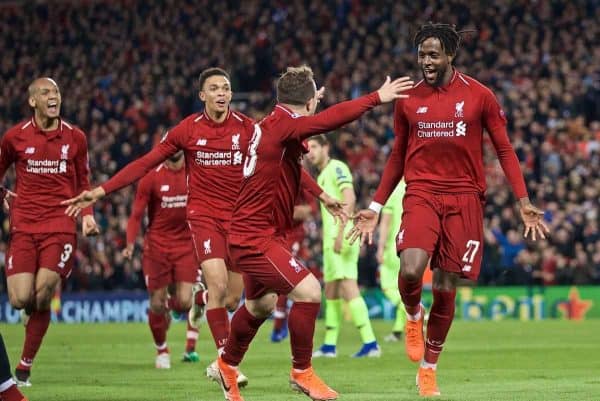
“The ball boys in Munich were like trained machines, getting the ball back in play so quickly. Talking to their staff after, we found out that it was a deliberate tactic; they wanted a fast rhythm to stop us having the chance to press them.
“At Barcelona it was the opposite, the ball boys were super slow. A goal-kick would take a minute, a free-kick would take 30 to 45 seconds.
“Looking back, we could see it was deliberate. Barcelona were a team who suited a slower pace to the game, rather than something that fed into Jurgen’s [Klopp] intensity.
“So the coaches and analysts took it on ourselves, with the kit manager who looked after them on Anfield match days, to show our ball boys a video about how they could help the team.
“We told them they were the 12th man, that they were not watching the game, they were in the game.”
“Ultimately it is the players who take all the credit. They make the decision on the pitch and seize that moment.
“Whether it [the goal] would have happened without our intervention, you never know, but you like to think that maybe you planted that seed and played a small part in a historic moment.”

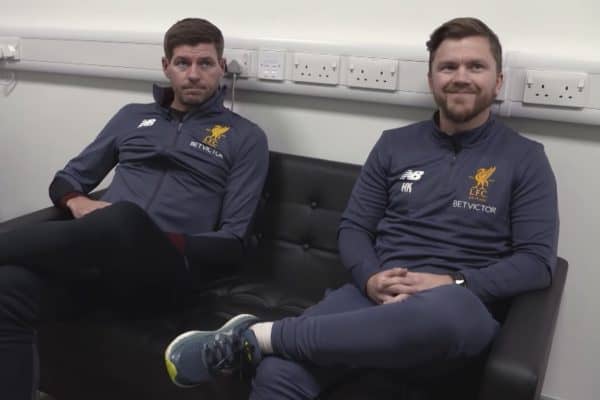

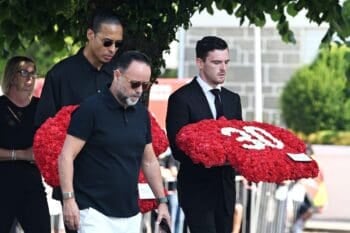
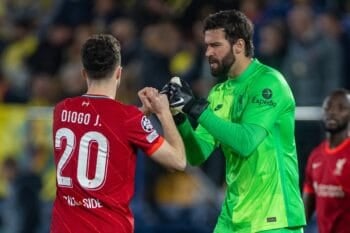
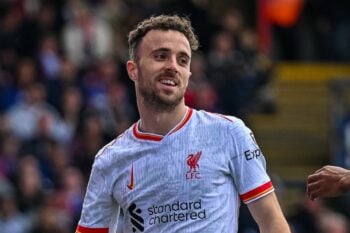
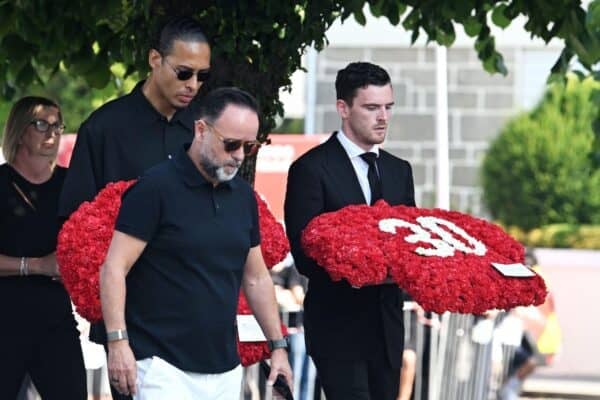
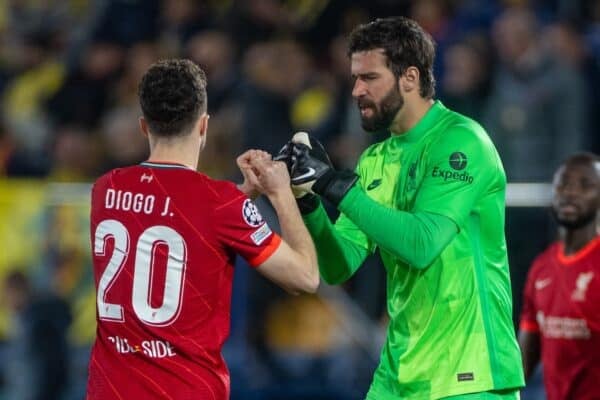
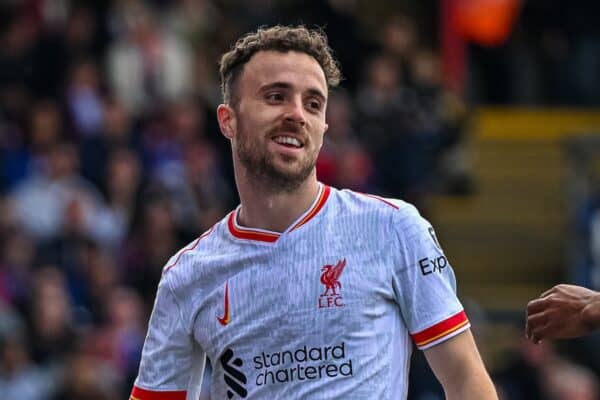
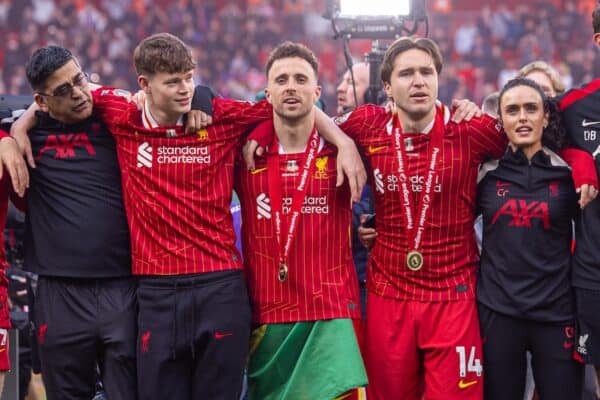
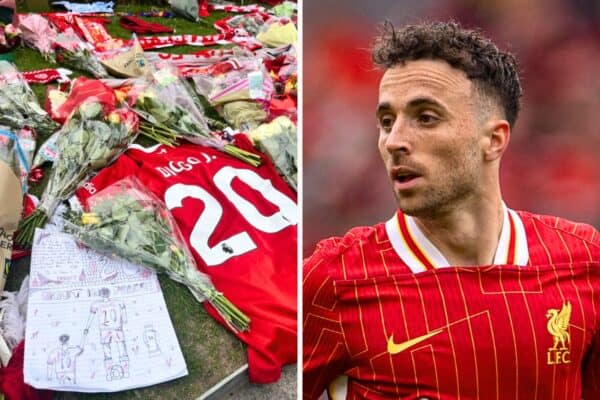
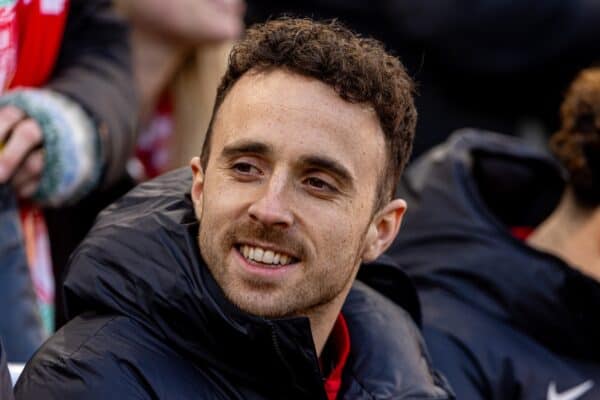
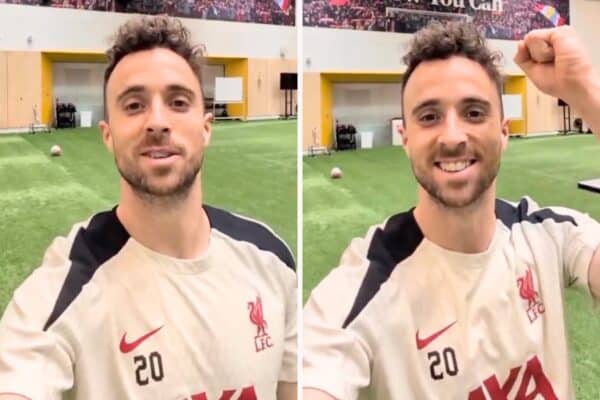
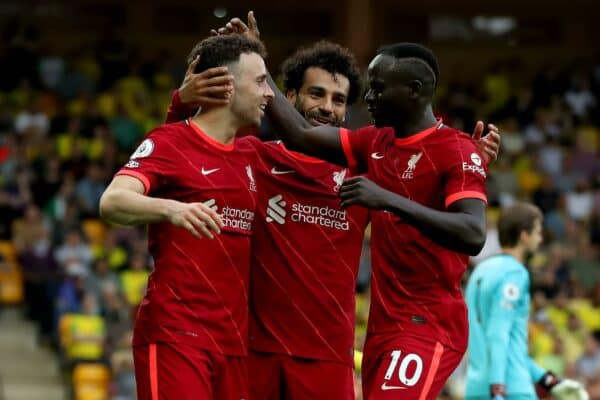



Fan Comments